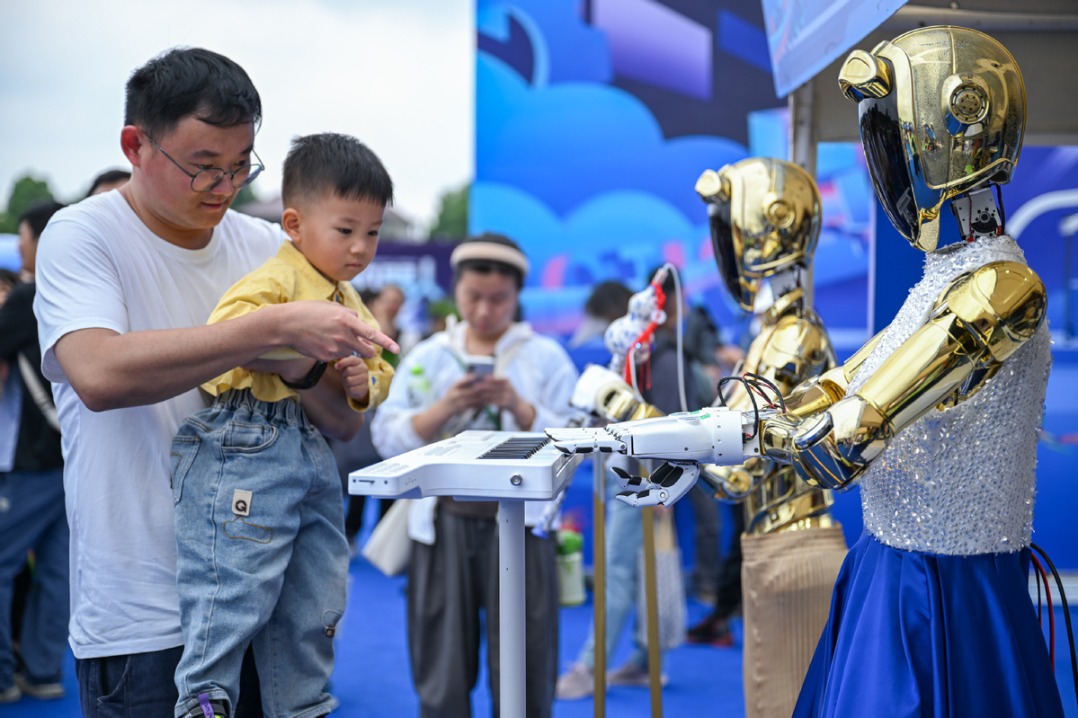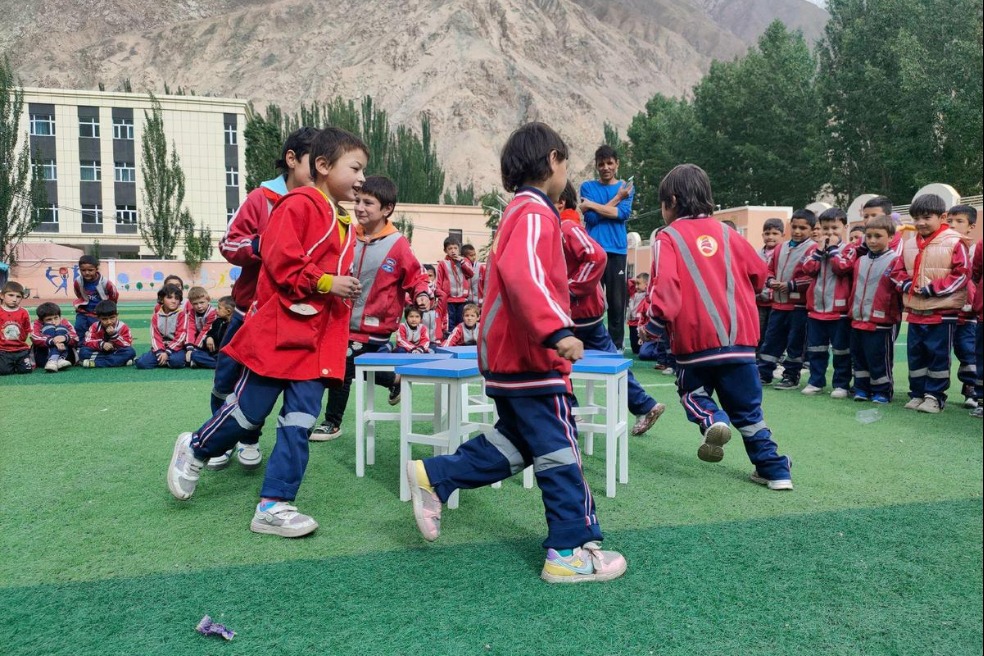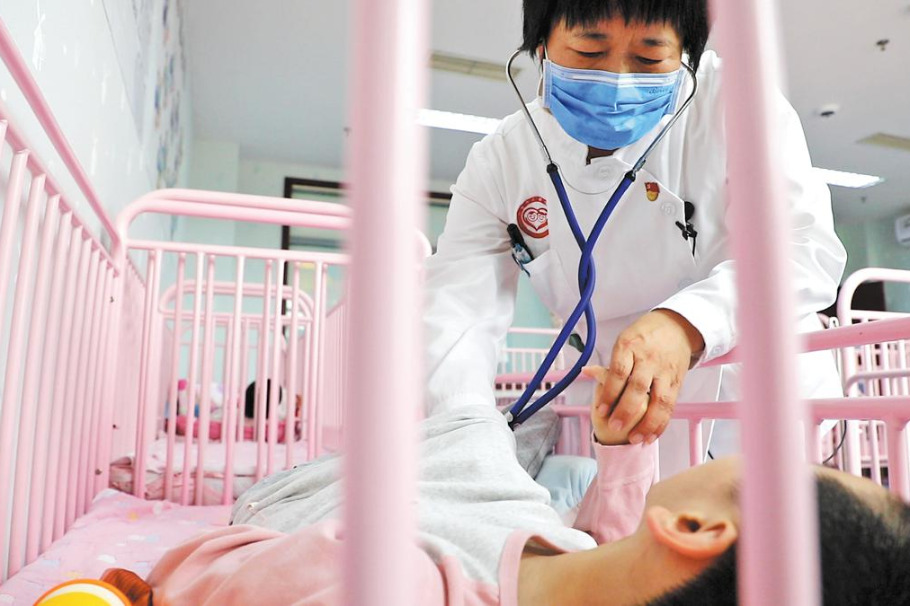Students chase good job prospects after graduation

As artificial intelligence reshapes industries globally, undergraduate students are flocking to related majors in the hope of achieving better job prospects after graduation.
Choosing an AI major exposes these students to cutting-edge technologies, while the burgeoning AI industry and its demand for talent reaffirm their belief that they will have decent jobs in the future.
Yang Yisheng, a 22-year-old senior majoring in AI at Beijing University of Technology, cited a combination of personal passion and institutional advantages as his reasons for choosing the subject.
"I was drawn to AI's transformative potential in areas like autonomous driving and smart healthcare," he said. "This university stood out for its robust research capabilities, industry partnerships and access to cutting-edge resources."
Similarly, Jing Shuran, a 20-year-old junior at the university, emphasized the alignment between the program's offerings and his interests in creative AI applications like image generation. "The university's Beijing Artificial Intelligence Institute and collaborations with tech firms provide the practical exposure I seek," he said. Both students acknowledged the field's booming job market as an additional motivator.
When asked about impactful coursework, Yang highlighted foundational courses like machine learning and deep learning, which equipped him with skills in algorithms such as convolutional neural networks and generative adversarial networks.
Practical projects, including tech company visits and expert lectures, further bridged theory and practice, he said.
Jing praised the hands-on approach of the computer vision course, where he replicated generative adversarial network images and experimented with variational auto-encoders using anime avatar datasets.
Yang described his course as "comprehensive yet focused", covering core areas like data mining and computer vision while integrating industry trends. Jing said there is a good balance between foundational theories and experimental learning, particularly in courses emphasizing engineering implementation.
Regarding career planning, Yang aims to specialize in AI algorithm research and development, particularly in computer vision and natural language processing, leveraging Beijing University of Technology's industry-connected projects and career services.
Jing expressed interest in autonomous driving and AI vision, crediting the university's corporate visits to firms like Iflytek and H3C for clarifying industry demands. "Internship opportunities and career guidance courses sharpened my understanding of workplace expectations," he said.
Both students highlighted the university's mentorship programs and resource accessibility as key advantages. Freshmen are paired with academic advisers and gain early access to research projects and competitions.
The university's open laboratory resources and free academic database subscriptions further support innovation. "The faculty's expertise and the program's industry linkages create an environment where theoretical knowledge translates into tangible skills," Yang said.
- Students chase good job prospects after graduation
- Journey to Dragon Tiger Mountain
- 460,000 tourists visit Hong Kong during Dragon Boat Festival
- Drones empower China's medical emergency systems
- Chinese team achieves 300-km quantum direct communication milestone
- Beijing upgrades inbound travel services as visitors surge in January-April





































